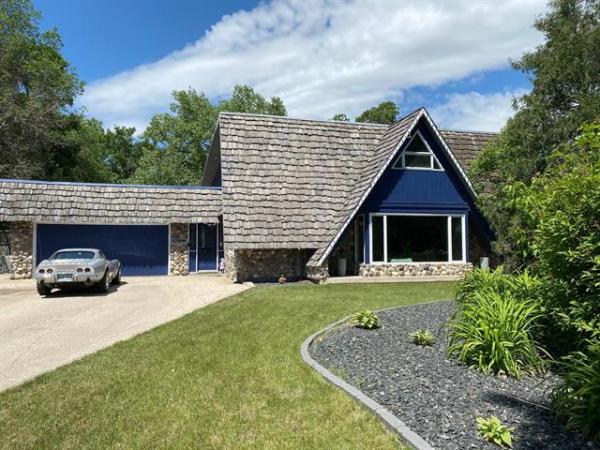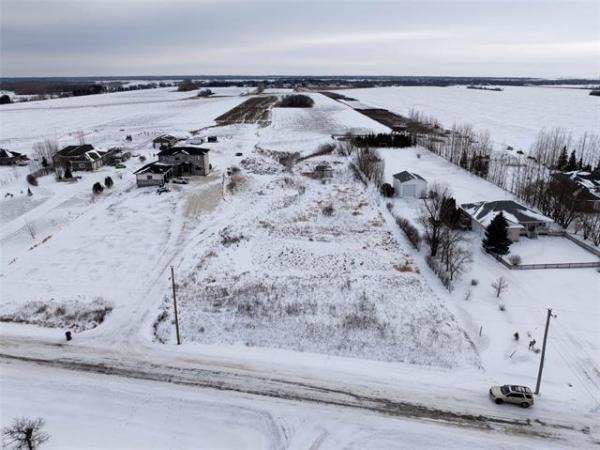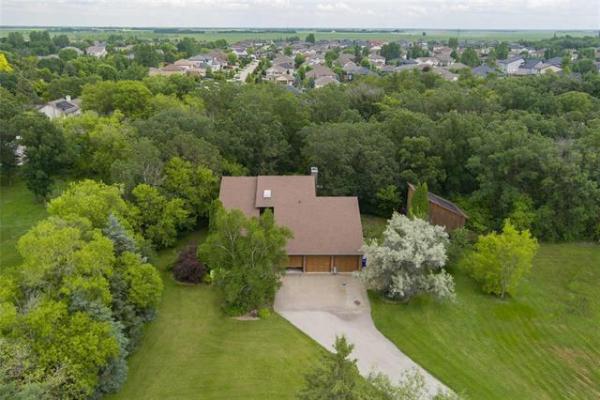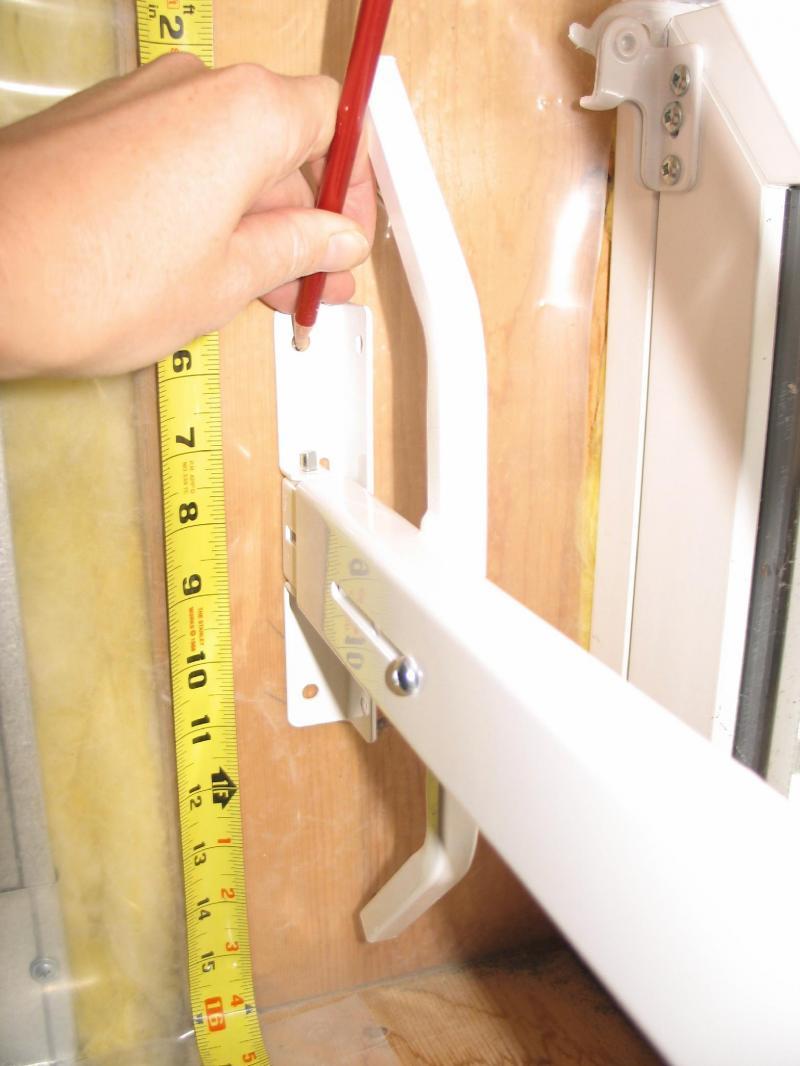
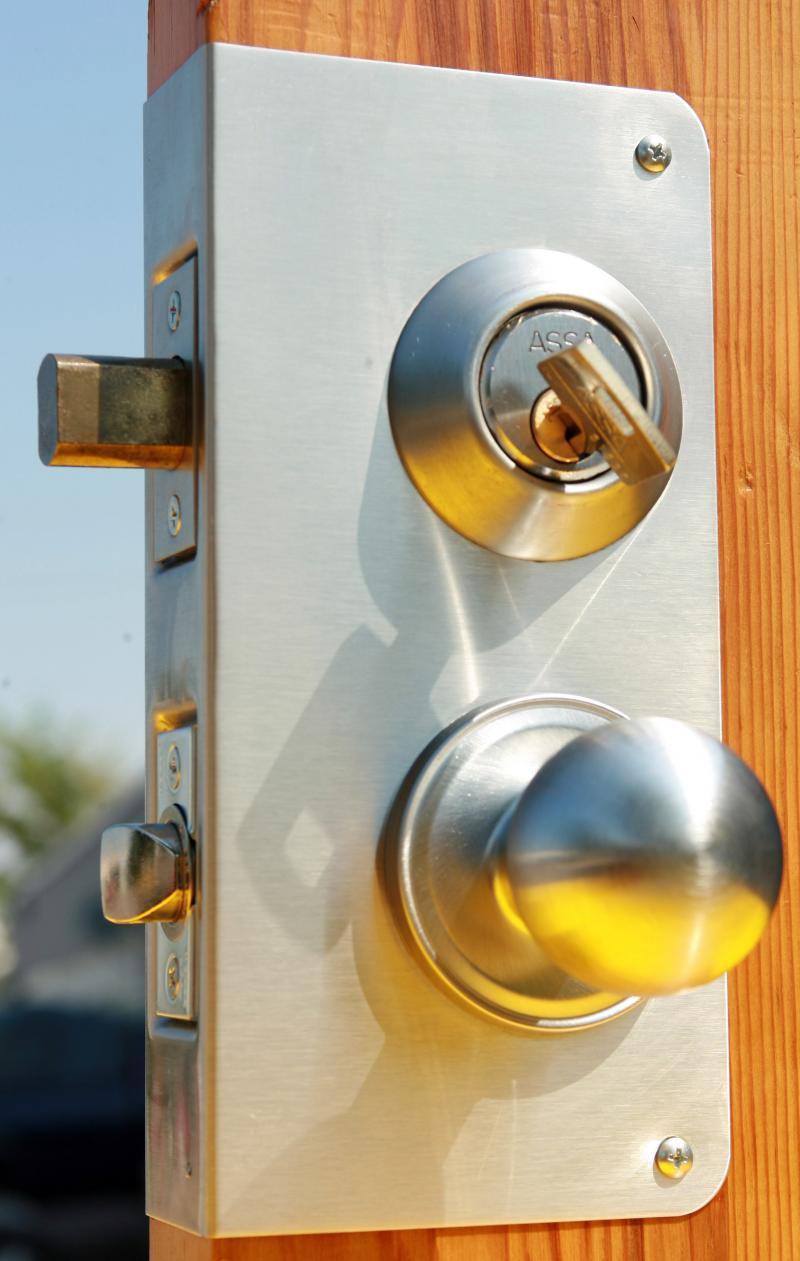
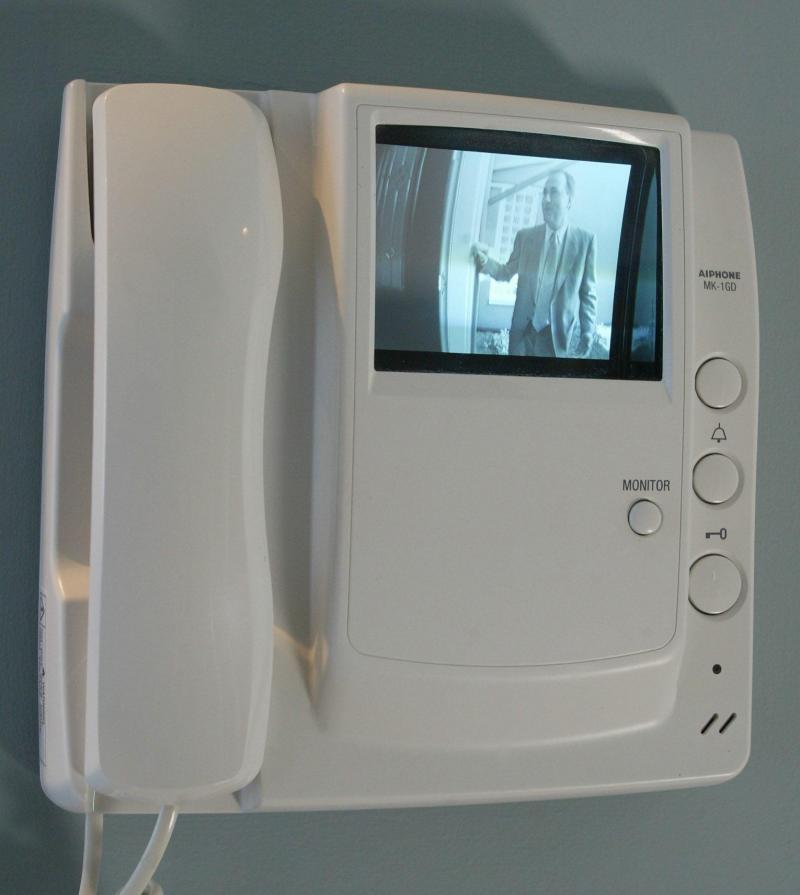

Break-ins are a sad fact of life and protecting your family and your home should always be your top priorities.
That's why home security questions often come up when people are planning their renovations. What kind of doors and windows are the most secure? Should I pre-wire my home for a future security system when I'm running telephone or speaker wire? Do I need exterior lighting?
The answer is yes. There are many security measures you can include in your renovation plans, beyond signing up for an expensive electronic security monitoring system.
But your first line of defence is common sense: Lock doors and windows, have good exterior lighting, add peepholes in doors, keep shrubs trimmed around doors and windows, take extra precautions when you go away (bring in mail, lights on timers, don't let mail or newspapers pile up, keep lawn cut and snow shovelled.)
Most home break-ins are though front or back doors; next come basement or ground floor windows. Then -- believe it or not -- doors and windows left open. Criminals are opportunists -- and they move fast. If they can't break in within a few minutes, they'll move to the next house. So, keep your doors and windows locked.
Home security doesn't have to be high tech. Burglars can be discouraged -- by the extra time it'll take to get in for a 'quick job', by noise that might draw attention to them, and by lights that reveal what they're doing. So that means good locks, alarms, and motion-sensor exterior floodlights. All of which are easy to install, and relatively cheap.
Anything that increases the time it takes a burglar to break into your home also increases the likelihood he'll move onto an easier target.
Make sure your home is hard to get into:
-- Make sure all of your exterior doors are solid, with good deadbolts. Your doors have to be strong. The lock is only as good as the door it's attached to.
-- Patio doors should have tight-fitting bars that prevent the door from sliding open -- even a stick in the track will help.
-- Basement and ground floor windows -- especially those hidden from view -- are easy ways for thieves to enter your home. Install security bars or grilles. These should be strong, custom made for your window and professionally installed and properly anchored into concrete or wood studs.
-- There should be an easy way to exit in case of a fire -- no home security is worth the risk of someone being trapped inside should a fire break out.
Good physical security is essential, and the best is preventive. Don't forget, it only takes a few minutes for a thief to break in, steal valuables and escape -- less time than a manned response to a triggered security alarm. Alarm systems only work after your home has been broken into. Think first of preventing the break in.
Full electronic security systems come in every shape, size and price from easy-to-install boxes to centrally wired programs that are monitored by an external office. Everything from cameras, sirens, alarms and motion detectors can be installed in and around your property to make you sleep better at night -- and give you the peace of mind you want when you are away.
The first thing you should really ask yourself when having a system installed is if you want it to be wired in to your central telephone line or not. With central telephone wired surveillance systems, the alarm company will dispatch a patrol car if the alarm bells sound.
If necessary, police will be called to your home to investigate -- which usually includes the fire department showing up on your doorstep, too. Even if the alarm is accidentally tripped, knowing that your life and that of your family is so well monitored can prove to be an enormous comfort. Once the system is installed, the monitoring fees vary depending on the level of service you sign up for.
Detectors protect the outside of your home and other possible points of entry like doors, windows and gates.
Magnetic detectors work very well to send off signals that someone is on your property before they manage to break in to your home. They are passive intrusion detectors that can be hidden underground that sense movement and changes in a magnetic field. They are also used to detect breaches in windows and doorways that might be opened by an intruder.
Motion sensors, also known as volumetric detectors, protect the inside of your home. By installing motion sensors in specific parts of your home, infrared monitors are the best option because your dog or cat can't set them off.
Cameras can be installed if you feel you need video surveillance of your home. Protecting a garage, an entrance or anywhere that isn't obscured by trees and shrubs is a good place to install an exterior camera.
If you want to keep tabs on your kids or the nanny while you are at work, you can go so far as to install a wireless hidden camera that can easily connect to a time lapse VCR or security digital video recorder. Linking the images to your laptop or phone can either increase your paranoia or calm any fears you might have had about the safety of your family and home. If you do suspect that something's up, be sure to collect footage should you ever need it in court.
Watch Mike Holmes take on the biggest challenge of his career in Holmes in New Orleans on HGTV Thursdays at 8 p.m. ET/PT. Visit www.hgtv.ca/neworleans for more information. For more information on home renovations, go to makeitright.ca.

